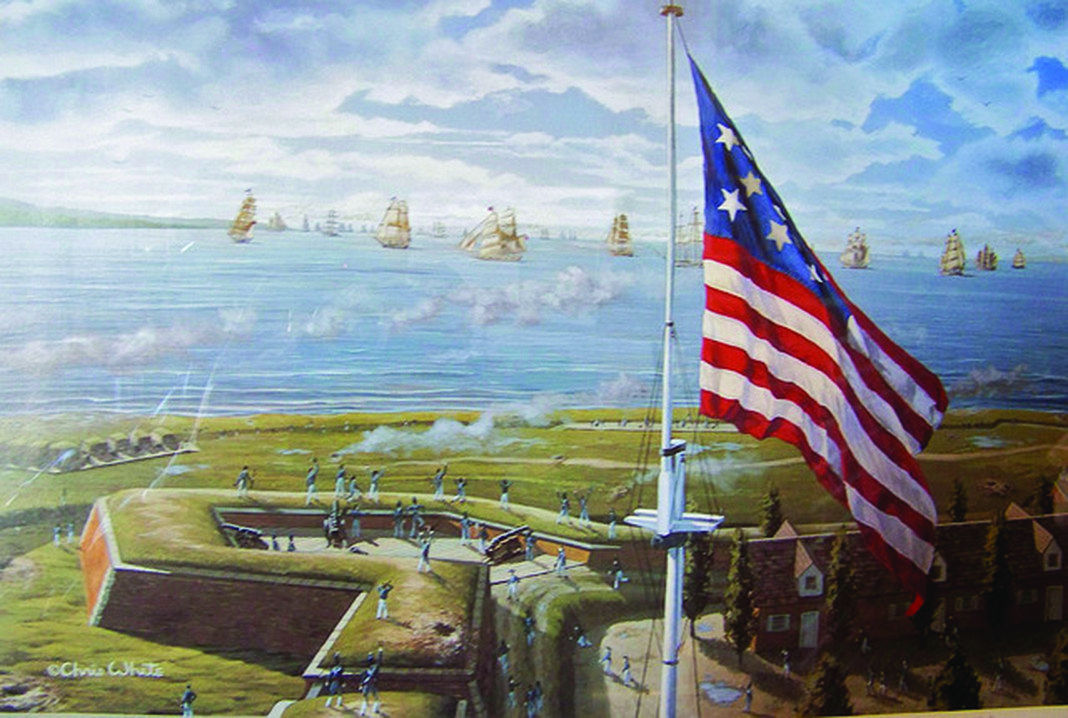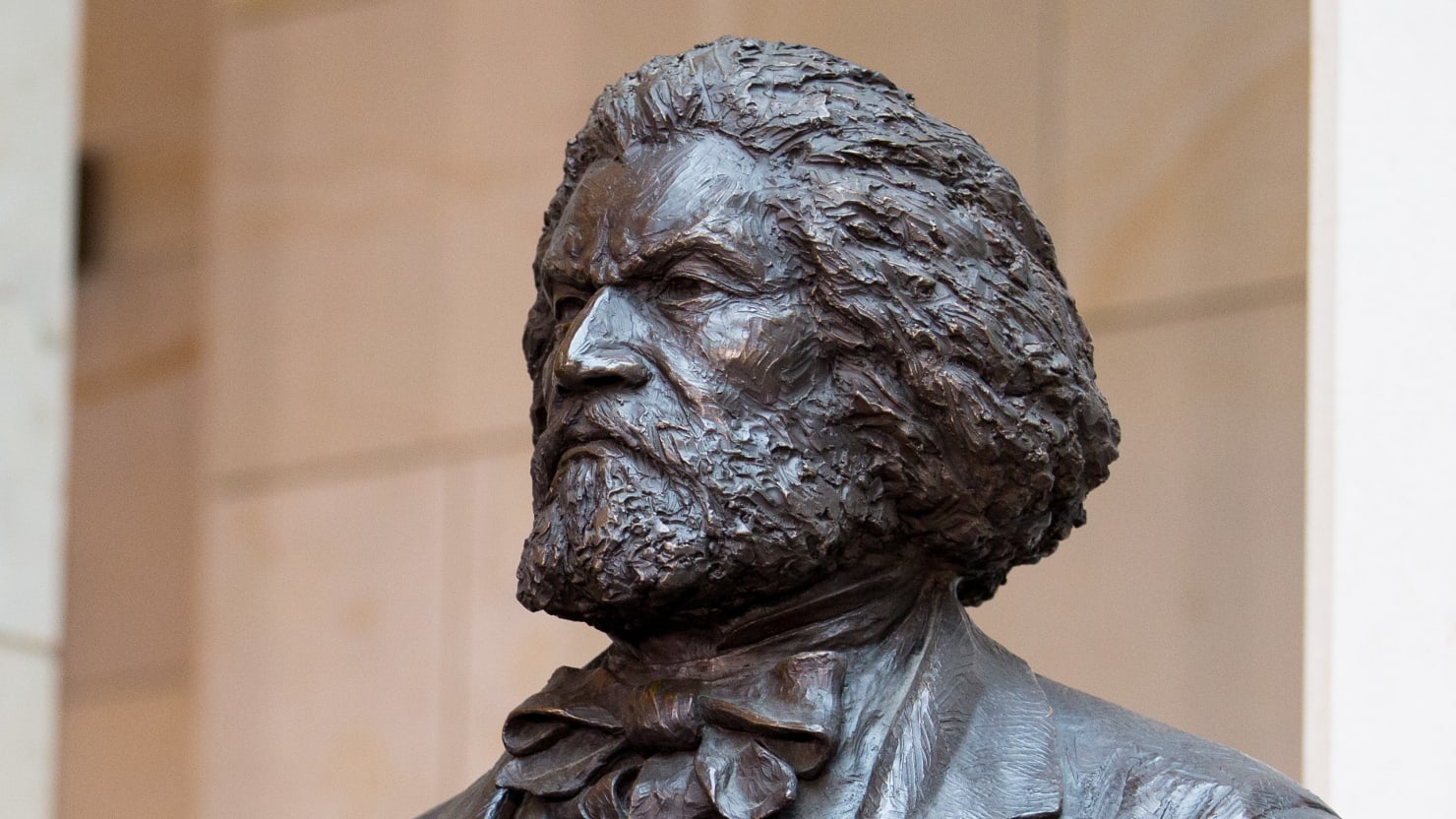It feels like we are at a pivotal time in our history. Perhaps, that is always true, but we are not prepared to understand that, nor wise enough to appreciate the implications. For example, we all recognize that 1776 was a pivotal time for our founders, but exactly how many of their contemporaries understood it?
When Thomas Jefferson drafted the Declaration of Independence surely, he knew he was setting us on a path fraught with risk and danger. When John Adams and Ben Franklin offered their critique, they too must have realized it put their futures at risk. Finally, the other 53 representatives of Congress must have understood it as well as we set out on an uncharted and uncertain future. In those weeks leading up that first July 4th, those men established an ideal we still strive to achieve. “… that all men are created equal, that they are endowed by their Creator with certain unalienable rights, that among these are life, liberty, and the pursuit of happiness.”[1]
After we achieved independence for the 13 colonies; and people returned to the lives they had, when did the politicians decide a confederation of states was unworkable? Think about those men who gathered, many of them the same who put their lives, and the lives of so many, at risk 13 years earlier coming back together to shape a government unlike any which had gone before. In the end, the document they created was a brilliant compromise between those who thought a strong central government was necessary, and those who feared too strong a central government would destroy their culture. “We the People of the United States, in Order to form a more perfect Union, establish Justice, insure domestic Tranquility, provide for the common defence, promote the general Welfare, and secure the Blessings of Liberty to ourselves and our Posterity, do ordain and establish this Constitution for the United States of America.”[2]
The early 19th Century must have seemed a pivotal time when we, as a young nation, had to stand up and defend ourselves from the British who thought it was okay to impress our seaman to fill their needs in the Navy. It went so far as to have to deal with their invasion as they attempted to prove we weren’t really a nation and they could do as they wanted. They burned our new Capital, but at the end of the day, we prevailed and remained the United States. “And where is that band who so vauntingly swore That the havoc of war and the battle's confusion A home and a country should leave us no more? Their blood has wash'd out their foul footsteps' pollution. No refuge could save the hireling and slave From the terror of flight or the gloom of the grave: And the star-spangled banner in triumph doth wave O'er the land of the free and the home of the brave.”[3]
How about in the middle of that century when we fought a great civil war to preserve the nation, and in the course of it end the evil of slavery. The South, led by those who wished to preserve the rights of the state, keep their social construct and continue the belief that one person was less equal than another attempted to abandon the Constitution and server themselves from the central government. The newly elected President was confronted with a pivotal choice. Do those who want to leave have the right to do so? Of course, it is never as black and white as that simple question suggests. The emerging industrialists of the North needed a market for their goods, and the raw materials the South provided. Those who strove to end the evil of slavery sought to prevent its continuation. Those who saw the nation’s future in the West wondered how that vast land and the fortunes it contained would be divided. We hear little of those issues, for in the end, the North went to war to prevent the South from leaving. The union was maintained but at such a cost we suffered for the rest of the century. Lincoln sought to heal those wounds but was taken before he could finish his work. “… But, in a larger sense, we can not dedicate -- we can not consecrate -- we can not hallow -- this ground. The brave men, living and dead, who struggled here, have consecrated it, far above our poor power to add or detract. The world will little note, nor long remember what we say here, but it can never forget what they did here. It is for us the living, rather, to be dedicated here to the unfinished work which they who fought here have thus far so nobly advanced. It is rather for us to be here dedicated to the great task remaining before us -- that from these honored dead we take increased devotion to that cause for which they gave the last full measure of devotion -- that we here highly resolve that these dead shall not have died in vain -- that this nation, under God, shall have a new birth of freedom -- and that government of the people, by the people, for the people, shall not perish from the earth.”[4]
Examples of pivotal moments seem to pop up every few years, unfortunately, they are often associated with some kind of war or economic collapse (e.g. Panic of 1907, World War I, Pandemic of 1918, Depression of 1920-21, Great Depression 1932-40, World War II, etc.) It seems each of these events foretells the expanding role of government to save us from the problems that led to those monumental and pivotal events. We have been reassured by our politicians that it is never as bad as we imagine and historically the press has helped carry those messages.
“We have nothing to fear but fear itself”[5]
“Ask not what your country can do for you – ask what you can do for your country”[6]
“Freedom is the right to question and change the established way of doing things.”[7]
In the past, we would come together as a nation to face the challenges of the day. Remember 9/11 where we stood as one to face the terror brought to us by the Arabian terrorist Osama bin Laden? But lately, we’ve seen a shift in that relationship as the press and those whose hatred of the President is so deep, they will use any opportunity to condemn his actions and the actions of those who might support him. We are faced with a new pandemic, and half the nation is afraid for themselves and those they love, and half the nation wishes to carry on with their lives despite the risk. They look to the nation’s political leaders for answers and guidance and receive what can best be described as worthless opinions on what is right and what is wrong.
How much longer can this polarization go on and is there a way we can find an end to it? Some say everything would be fine if we just get rid of President Trump, but if you look at who they offer as a replacement you can only wonder if that is true. Is it possible our government has grown too big and too removed from the needs of the people that it is a time for a change? Or is it our people have become so dependent on the government it needs to replace all the historical social structures we’ve depended on like the family, local community, and faith organizations like the church?
What the founders knew, perhaps well better than we understand today is the Constitution was to be a living document. Not in the sense, modern revisionists would have you believe, where the words are to be altered to fit one person’s interpretation, but one that during the growth of the nation be modified by the society of the day. Even before its ratification the citizens and representatives of several states demanded safeguards to protect the individual from government abuse. Those first ten amendments were adopted with the Constitution. Between 1794 and 1992 we added an additional 17 so that today, there have been 27 Amendments to the document. If you look at them in their scope, they fall into two broad categories. Those that protect the rights of the individual and those that expand the power of the government. The last amendment, the 27th was proposed in 1789 and ratified in 1992. Before that, the last amendment was approved in 1971, pretty much in response to the Vietnam War.
Today, I don’t hear any serious movement to amend the Constitution, for there are far louder voices calling for its abandonment. Unfortunately, what I don’t hear in those calls is a coherent discussion of what would replace it. Right now the young are happy to destroy what they have not built, it will be interesting to see if they are willing to grow to appreciate what they are losing? It feels kind of like we’ve decided we don’t need to talk among ourselves anymore. We just yell at each other, like we are trying to talk to someone who doesn’t understand our native language. If we talk louder it is clearer, right?
[1] Declaration of Independence
[2] Preamble of the United States Constitution
[3] National Anthem (3rd Verse)
[4] Abraham Lincoln, Gettysburg Address, November 19, 1863
[5] Franklin D. Roosevelt, Inaugural Address, March 4, 1933
[6] John F. Kennedy, Inaugural Address, January 20, 1961
[7] Ronald Reagan, Moscow State University, May 31, 1988




No comments:
Post a Comment